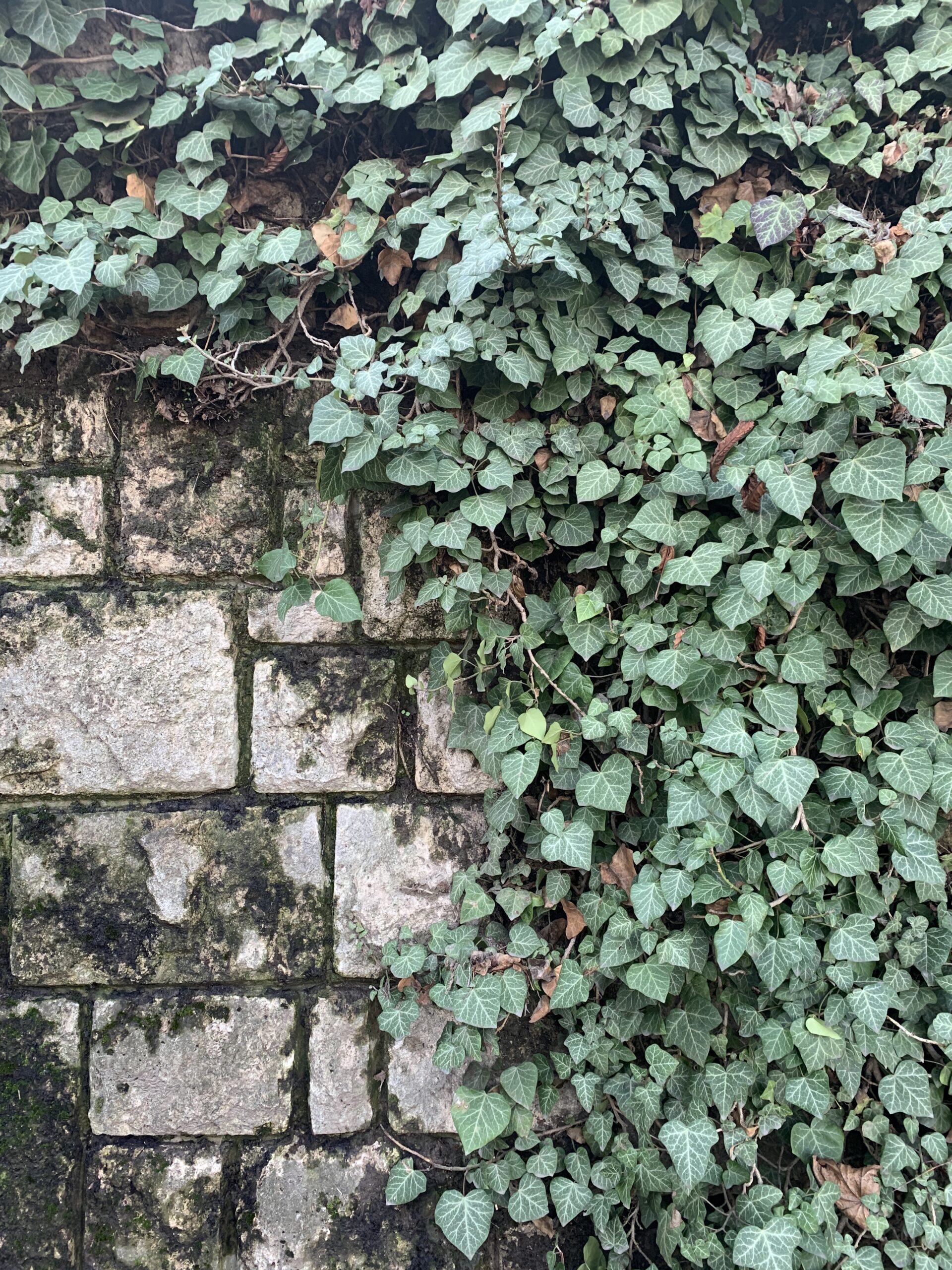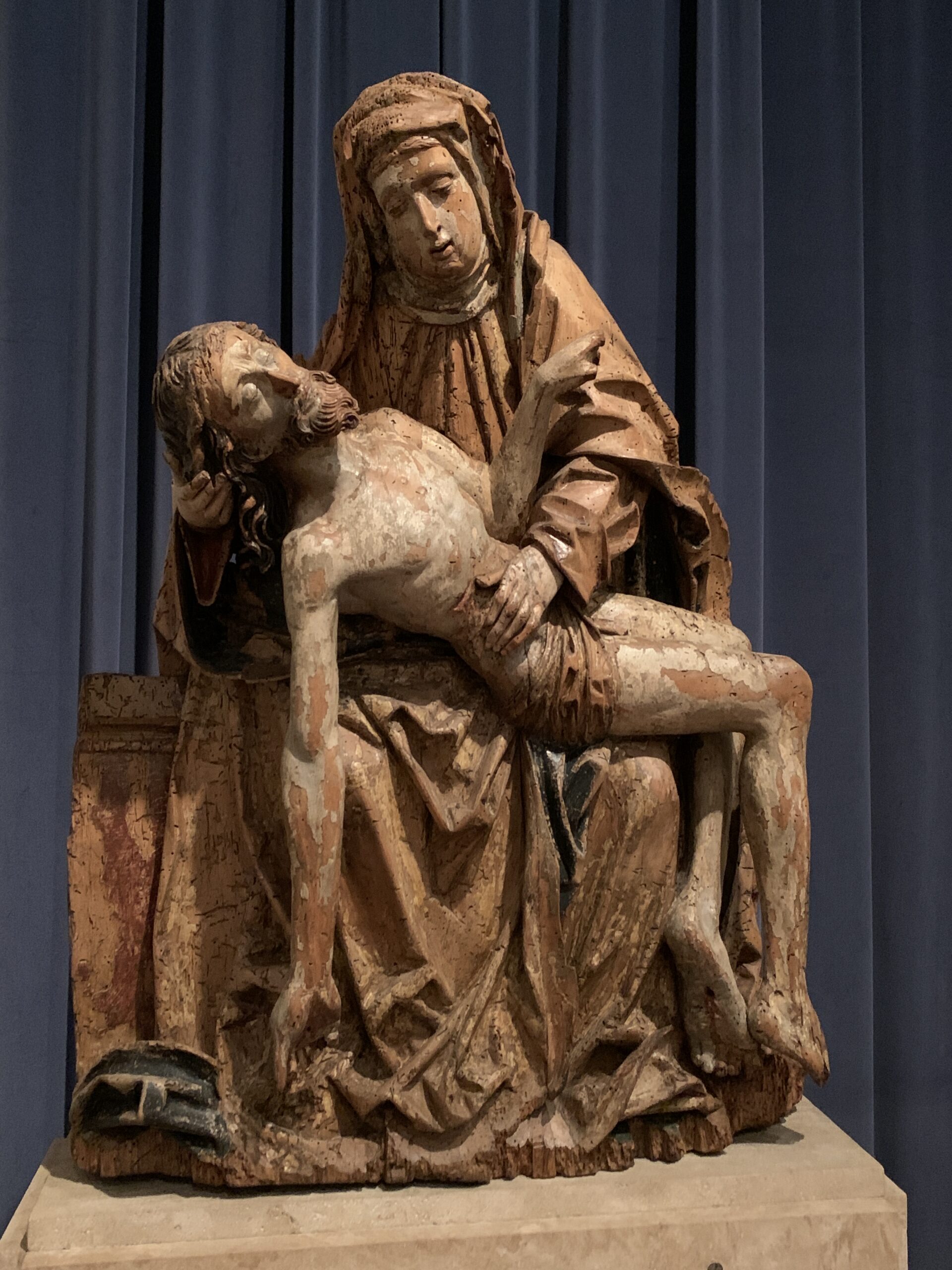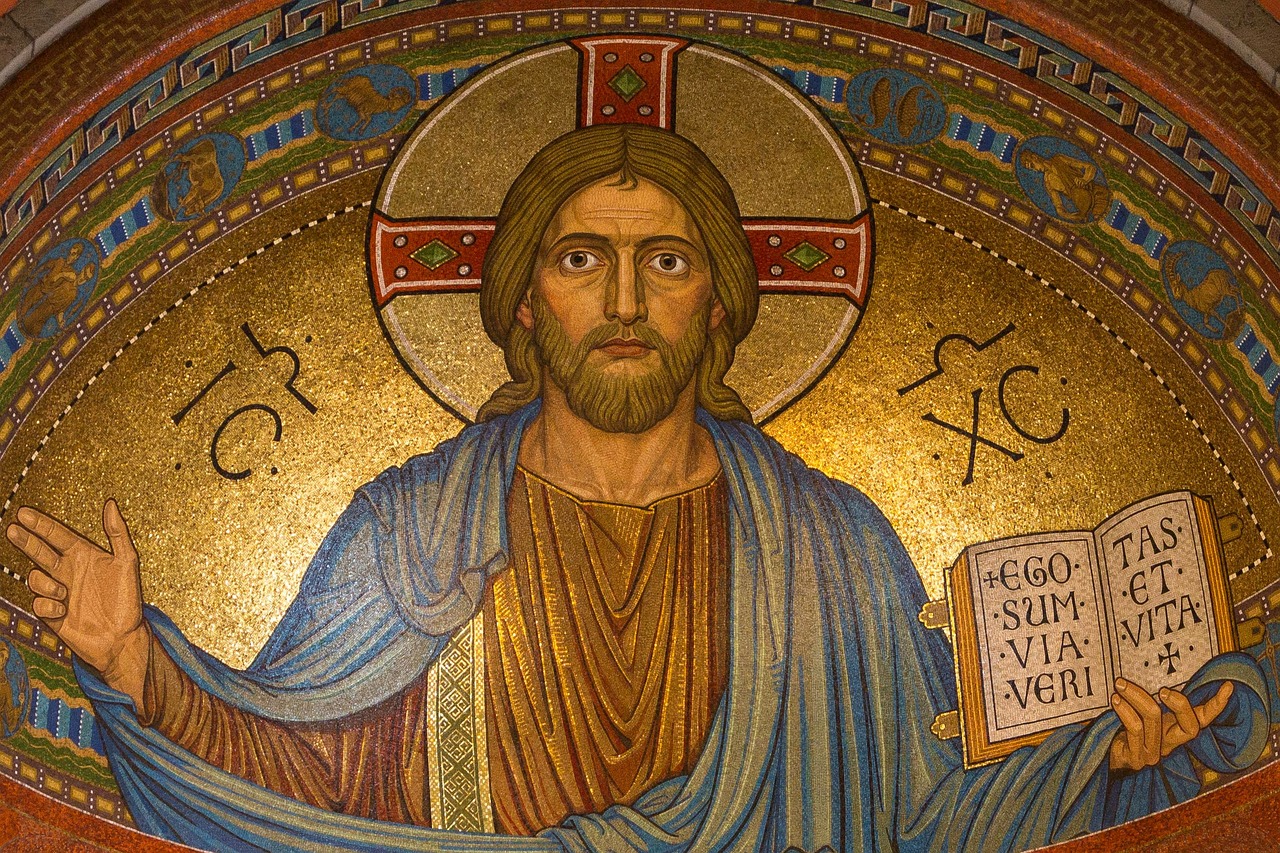St. Isaiah the Solitary remarks on Guarding the Intellect in these, his twenty-seven texts. They are not impossible to read but gleaning the nuggets is where I’m staying. Without splitting hairs on context and words I’ll speak to the places these thoughts took me. There is much repetition here for the sake of argument but we’ll leave that be and go with the gist. Because every great thinker wants little depth of thought, right? Sorry St. Isaiah.
Oddly, the first place this text took me was Jerry Springer. The juxtaposition of an impressive 4th century thinker and the 21st century low-life who publicly preys on the sad and imprudent lives of others couldn’t be more jarring. But here’s how I got there. Guarding the intellect is a bit like taking custody of ourselves, what we see, what we think, what we hear, what we say. He (St. Isaiah, not Jerry Springer, if you’re with me) talks about teaching ourselves to hate sin and resist the desires of the flesh. Presumably he is not talking about all the good things of the flesh like eating, having sex, drinking, sun bathing – just kidding. To the extent that those things separate us from God that’s exactly what he is speaking of. “I entreat you” he says, “not to leave your heart unguarded, so long as you are in the body.” When we do leave our heart unguarded, we allow things like the depravity of others and the weaknesses of ourselves to root. What we view and think on grows. So as we watch the guests – calling them such seems even too kind – on the Jerry Springer show attack one another, hit one another, lie, admonish and admit to not just sinfulness but gloating in that sinfulness two things happen. We normalize it. We allow for it to live in our minds the moment we watch and listen. And worst yet, we find ourselves above it. We somehow believe we are not them. I have news for you folks. Not only are we exactly them, we are even more so when we take joy or find entertainment in viewing their suffering.
St. Isaiah even says here “take heed, lest your hearts be overwhelmed with debauchery and drunkenness and the cares of this life, and the hour come upon you unawares”. The opposition is waiting. Always, poised and ready to pounce the moment we leave ourselves open or inviting – unaware or not – to the adversary who wants nothing more than to “deliver us into the hands of our enemies”. Like vultures, “the demands cunningly withdraw for a time in the hope that we will cease to guard our heart…then they suddenly attack our unhappy soul and seize it like a sparrow”. The devil is merciless and we are weak. This writer knows well that owning our souls means “dragging it down mercilessly into all kinds of sin, worse than those with we have already committed”.
I think about 7 evil things before taking my first sip coffee in the morning so ceaselessly guarding my heart seems like a big ask. It would seem easier to guard by omitting and disallowing things than making additions to wholesome virtues. But I’m beginning to think that’s exactly what makes this topic so worthwhile. It is not good enough to sit in fear and paralysis staving off bad thoughts and wondering what destruction is to come lest we allow darkness in our lives. Rather what’s asked of us here; to “rigorously practice the virtues”. Do not deny, add! Do not just turn off Jerry Springer but bring goodness into your life with intentionality. St. Isaiah says:
- “Pursue the love which quenches all bodily passions and struggle against what is contrary to nature”.
- “Examine yourself daily in the sight of God and discover which of the passions is in your heart. Cast it out.”
- “Be attentive to yourself, so that nothing destructive can separate you from the love of God. Do not grow listless.”
- “In prayer, expel from our heart the provocation of each evil though, rebutting it in a spirit of devotion so that we do not prove to be speaking to God without lives while pondering wicked thoughts in our hearts.” (Ahem! Jerry, cough-cough, Springer, cough-cough. No finger pointing though).
- “Resist the evil”.
Seems simple enough. Not in the least actually. What a daunting, humbling task. And yet what a life-saving gift this would be to fill our lives with virtue and wholesomeness and not by accident. I’ll end with this. Throughout St. Isaiah speaks on our guarding our own hearts but he also speaks to needing a “pilot”. He emphasizes we need help in all this and we need to ask for it. When in the presence of others, he says, we should learn this goodness. Surround yourself with good people. Remember, don’t just remove. Add. Add the good and decent in our lives and do it with others.
“He who receives no help when at war should feel no confidence when at peace.”


